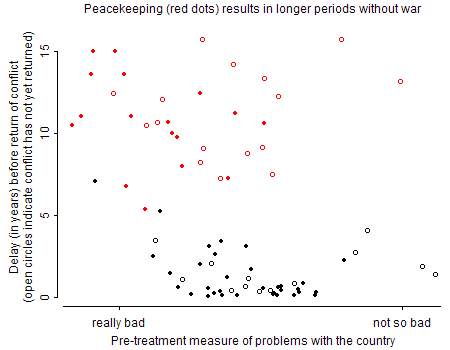Here’s an interesting cognitive science puzzle.
Seth is seeking a cognitive task which he can use to test how his brain is working. He want’s something quick, something he can self administer. But this is the part I find particularly thought provoking, he want’s something that the brain won’t learn how to get better at.
This is like one of those cryptographic puzzles. He needs a puzzle generating black box. The class of puzzles mustn’t be too hard and they need to have difficulty metric delivered with htem. But, no matter how many of these puzzles the brain solves, it should never manage to learn anything about the class of puzzles the black box spits out.
I wonder if there is something deep there?
